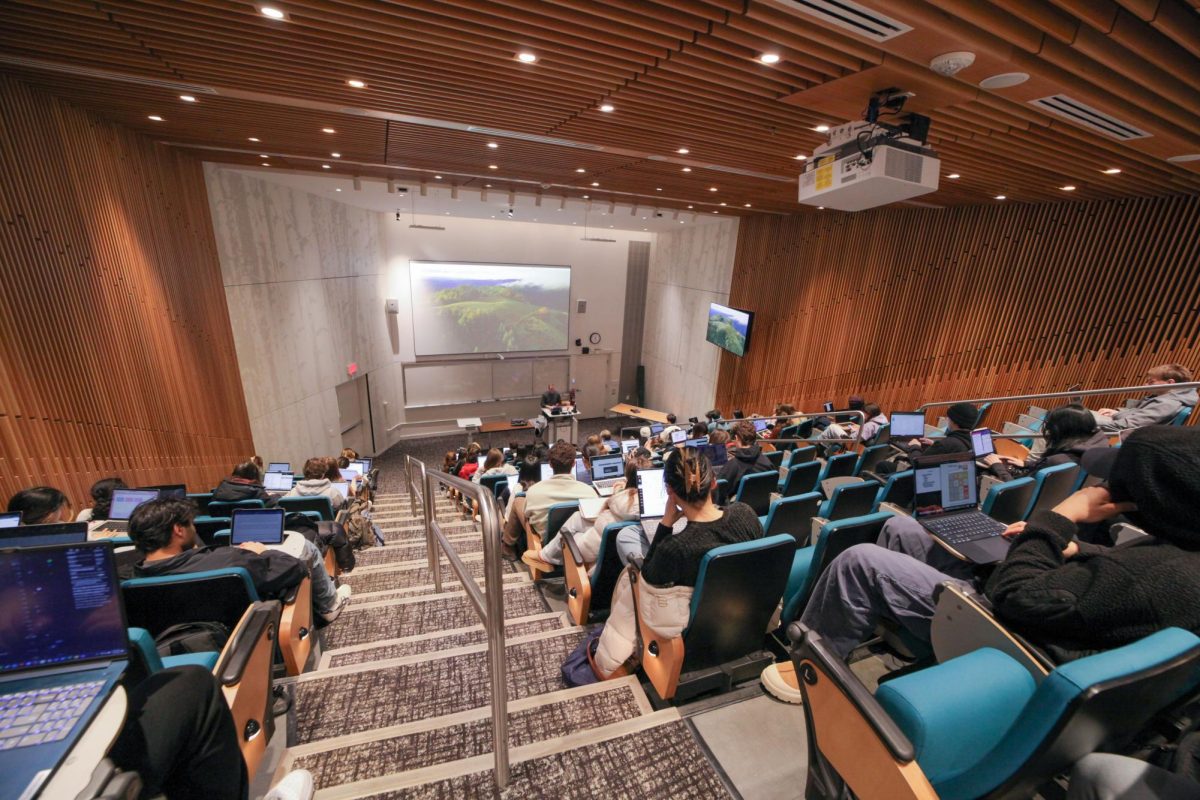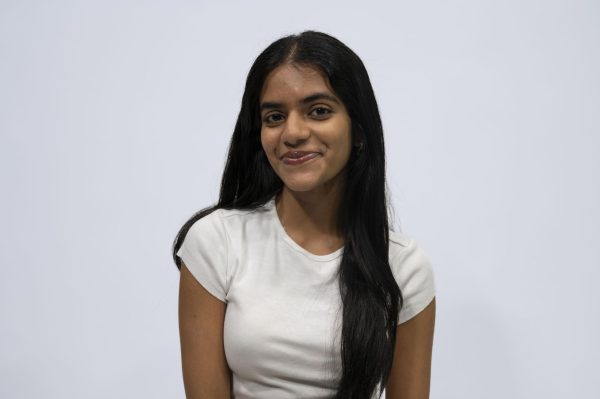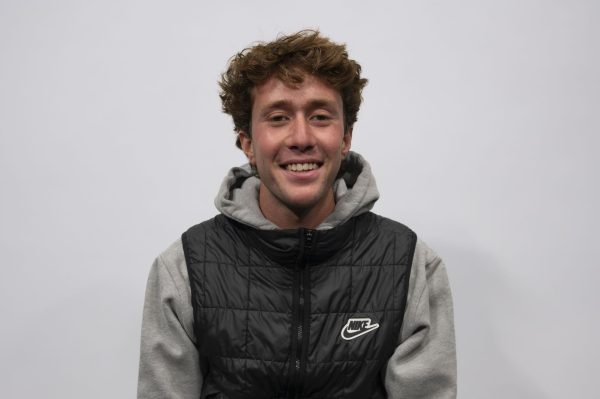At Northeastern, the spring semester brings snowfall, reunions with friends and, for many, professors who won’t know their name for four months.
Many Northeastern students have sat in a lecture hall with two hundred other students listening to a professor speak extensively about the course’s content. When the class is over, they get up and leave with scrambled information in their heads and key terms voiced by the professor. As a journalism major, my classes last semester were small and the professor knew everyone by name. It felt like a tight-knit community and I was able to develop strong friendships with my peers and professors.
However, when listening to my friends who are business administration, neuroscience or engineering majors talk about their classes, they often remark that they wished their professors knew who they were. I was puzzled upon hearing this. Coming from a major with relatively small class sizes, all my teachers knew minute information about where I am from and what my future aspirations are. The relationships I had with them fueled my sense of accountability in the class. I felt like I shouldn’t let them down.
This spring semester, however, I am in a class of 220 people.
I now understand my friends’ complaints. It felt like the professor was both literally and metaphorically a mile away from me. The professor didn’t know me, and I didn’t know them. It felt almost transactional at first. Slowly but surely, I have seen seats empty over the course of the past week. Despite the class size and decline in attendance, the professor continues to constantly engage and interact with students. Those who choose to engage are always present and answering questions in the class. I find that my peers who do this are able to build a strong relationship with the professor, because many don’t attend or don’t participate as it is categorized as a lecture-heavy course. Going to, and talking in class does not have to be limited to smaller classes where your participation is being measured, but can also be a way to build relationships with professors in lectures.
Additionally, every professor has office hours. In a crowded class, this makes it less intimidating to engage with your professor since many people are apprehensive about speaking up in large lectures. During one-on-one time like this, it’s useful to introduce yourself — perhaps talk about what you want to get out of the class or ask for advice on how to advance in the field of study. It’s just as important to build a connection with your professors as it is to do well in the class.
While it is completely true that a class of more than one hundred people can feel confusing and disconnected, by putting in the effort, you can create a bond with both the class and professor. Many students come to class, take notes and call it a day. If this system works for you, then by all means, continue. However, if you’re like me, and benefit from knowing the individual who is teaching your course content, I strongly encourage asking questions both during class and office hours.
For students who need a letter of recommendation from a professor, I cannot highlight the importance of this enough. In smaller classes, it is easy for a teacher to do this as they can see your effort and character every time you attend and participate in their class. In a lecture, it is 10 times more challenging. This is especially true for pre-med or pre-law students. Most of the students on these pre-professional tracks need letters of recommendation when applying to graduate school, and are all striving to make the best impression. This can feel incredibly difficult , but keep in mind that your professor wants you to succeed. If they can play a role in helping you achieve your goals, they will. What they ask for in return is engagement, passion and excitement for the subject.
In fact, it would most likely make their day for a student to chat with them. Many professors go into teaching because they want to connect with students. They want to build a relationship with us, and they would appreciate us wanting to do so with them. Our professors, believe it or not, perhaps know a lot about us in comparison to what we know about them. Conversation topics could range from discussing where you want to do your co-op, how your graduate school applications are going or even debating on which Wollaston’s sandwich is the best. You never know what might spark a connection!
Tanvi Saxena is a first-year journalism major. She can be reached at saxena.tanv@northeastern.edu.


















